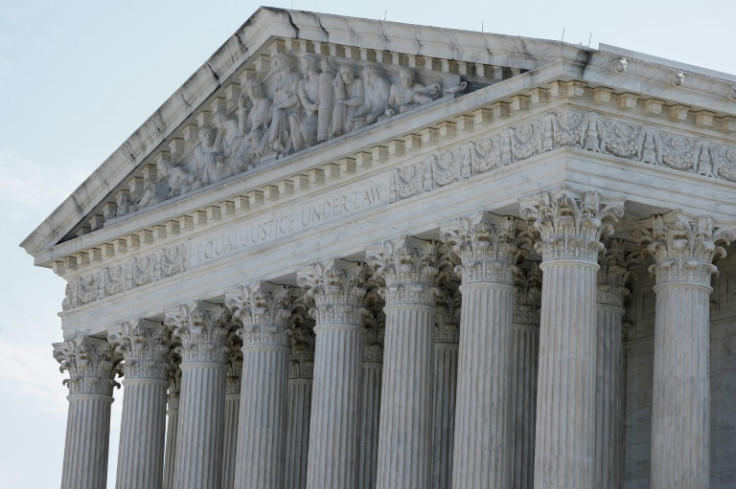SCOTUS Greenlights Deportations To Third Countries Amid Controversy

The U.S. Supreme Court has allowed the federal government to restart deporting migrants to countries other than their home nations, a move that reverses protections imposed by lower courts. This ruling permits the administration to send migrants even to nations where they lack citizenship or established ties, raising fresh concerns about their safety.
The decision came through an unsigned order released Monday, in which the Court's conservative majority lifted a lower court injunction that had blocked such deportations. The lower court had required the government to ensure migrants would not face torture or death upon being sent to third countries. However, the Supreme Court did not provide a detailed explanation for its ruling, reported The Guardian.
The legal challenge originated when the government attempted to deport a group of migrants—including individuals from Myanmar, Vietnam, and Cuba—to South Sudan, a country the U.S. State Department lists as dangerous. A federal judge intervened mid-flight to stop the deportations, but the Supreme Court's recent action removes that barrier, allowing the process to continue, as noted by Time.
The Department of Homeland Security (DHS) quickly welcomed the ruling. DHS spokesperson Tricia McLaughlin called the decision "a victory for American safety and security" and indicated that deportations to third countries could resume promptly.
Yet, the decision has sparked sharp criticism from civil rights advocates. Trina Realmuto, head of the National Immigration Litigation Alliance, condemned the ruling for eroding crucial legal protections and putting vulnerable migrants at risk of detention, abuse, or even death in unfamiliar countries. She warned that the judgment effectively permits sending individuals to dangerous environments without proper safeguards, as reported by The Daily Beast.
Justice Sonia Sotomayor issued a dissenting opinion, joined by Justices Elena Kagan and Ketanji Brown Jackson, strongly criticizing the majority for disregarding fundamental human rights and due process. She described the ruling as an unacceptable overreach that endangers migrants by prioritizing policy objectives over legal protections, according to PBS NewsHour.
The Trump administration had earlier forged agreements with nations including El Salvador, Guatemala, Kosovo, and Rwanda to accept deportees, especially those considered dangerous criminals or whose home countries refuse their return.
© Copyright IBTimes 2025. All rights reserved.





















